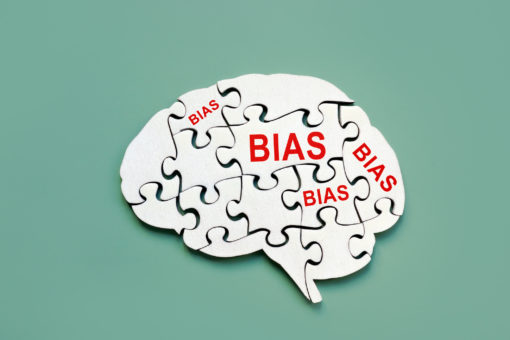
In order to provide their client the best chance to have justice served during a criminal trial, the defense counsel must be diligent in identifying jury bias and misconduct. Keep reading to learn how this can be done. If you are facing criminal charges, contact Chambers Law Firm at 714-760-4088 to speak with an experienced criminal defense attorney.
Juror Bias – What is It?
In general, anything that prevents a person from objectively weighing the evidence presented during a trial is considered to be a form of juror bias. Bias comes in two primary forms.
True Bias
Actual bias is a mental state that prohibits a jury from weighing the evidence fairly. Typical illustrations include a bias toward the accused that assumes either guilt or innocence, a bias towards one particular sort of witness’s veracity, a predisposition toward the death penalty, an emotional response to a certain sort of crime that hampers a fair evaluation of the facts.
If a juror makes a judgment on the outcome before all the evidence has been heard, that can also be taken into account as genuine bias.
Accused Bias
Implied bias is a relationship or environment that is likely to lead to bias, even though the juror does not express that bias directly. Several instances include being a friend, coworker, or relative of anyone connected to the case, or having taken part in a jury or testified in a case involving the same parties in the past, whether it be civil or criminal.
What Can a Criminal Defense Attorney Do?
A criminal defense lawyer does have certain crucial resources at his disposal to aid in the selection of the most unbiased jury and to guarantee that jury’s objectivity throughout the trial.
Eliminating Biased Jurors
The criminal defense lawyer must first take great care in the jury selection procedure. The court and the counsel may interrogate potential jurors during the “voir dire” procedure to determine whether they might have any actual or inferred bias. Jurors are expected to answer questions truthfully; if any indication of bias is found, they will be removed from the jury. Peremptory objections to the jury selection process are another option available to the criminal defense attorney.
Request for a New Trial
The criminal defense attorney can and should raise a motion for a new trial if a juror misrepresents their bias during voir dire, if it is later discovered that they have formed an opinion about the verdict before all of the evidence has been presented, or if they have engaged in any other type of jury misconduct like getting outside information about the trial.
If you are worried that your criminal trial will not be fair, the best thing you can do is to work with a criminal defense attorney you trust. Read the case results of Attorney Chambers and then contact us at 714-760-4088 to learn how we can help.




